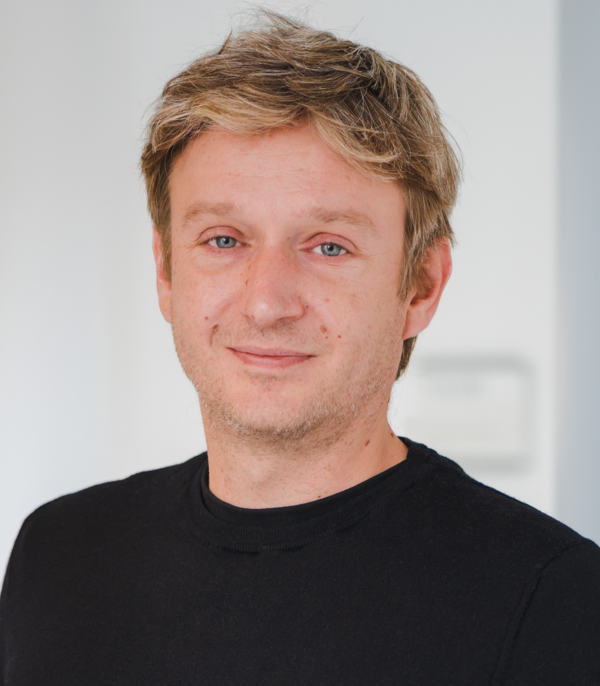Raphaël Chèvre, Münster University, Germany
-
On 11 October 2024Amphi DEfalse false
-
11h30
Diurnal Adaptations of the Neutrophil Pool to Fasting-Feeding Cycles in Health and Disease
Diurnal Adaptations of the Neutrophil Pool to Fasting-Feeding Cycles in Health and Disease
Raphaël Chèvre, PhD
Münster University - Germany
Abstract
Facing daily exposure to unicellular pathogens, the innate immune system serves as the primary line of defense against invaders. Neutrophils, constituting 50-70% of circulating leukocytes, exhibit a short lifespan of 24 hours to a few days, necessitating tightly regulated and rapid turnover to ensure diurnal maintenance of homeostasis. Recently, a novel understanding of neutrophil maturation and its synchronization with metabolic rhythms has emerged.
Our research utilizes multi-omic and in vivo approaches to track neutrophil dynamics across the circadian cycle. We have demonstrated that neutrophils continue to mature upon entering peripheral blood, with distinct sub-populations migrating rhythmically through various vascular beds, such as the pulmonary and enterohepatic vasculatures. This rhythmic re-arrangement of neutrophils is synchronized with diurnal postprandial cycles, suggesting a finely-tuned innate immune response that adapts locally throughout the circadian cycle to maintain metabolic homeostasis.
In the context of immuno-metabolic disorders, time-restricted feeding (TRF) improves metabolic fitness and reduces nonalcoholic fatty liver disease (NAFLD) during chronic high-fat diet intake. However, our recent findings reveal an unexpected acceleration of early atherosclerosis in hypercholesterolemic mice under TRF. This adverse effect appears to be driven by the enhanced diurnal recruitment of myeloid leukocytes to atheroprone arteries, underscoring the intricate balance between metabolic regulation and immune function.
Together, these findings reveal a complex interplay between the spatio-temporal maturation of neutrophils and metabolic synchronization, highlighting multifaceted outcomes in health and disease.
Biography
After completion of my PhD – in 2009 at l´institut du thorax – I was recruited as a Post-doc at CNIC (Madrid) where I investigated the role of neutrophils in atherosclerosis. I then moved to Singapore (A*STAR) to investigate the role of bile acids in obesity-related inflammatory diseases. Finally, I moved to Germany (LMU Munich and WWU Muenster) where I am interested in the role of nutrition on the education of the innate immune system, in the context of immune-metabolic disorders.






